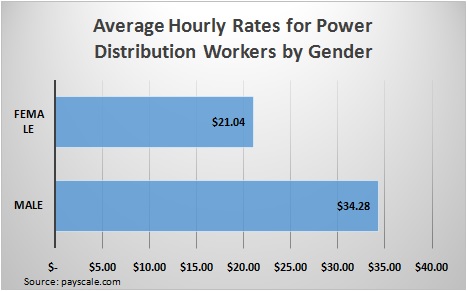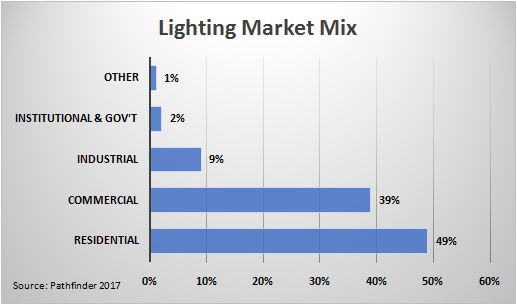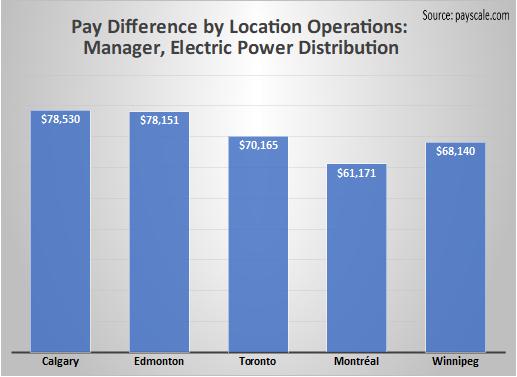Acting on Climate Change: Solutions from Canadian Scholars

In fall 2014, UN General Secretary Ban Ki-moon exhorted all countries to raise the ambitions of their climate change policies to avoid a global temperature increase of more than 2oC during this century. Since the Rio+20 Conference, he has repeatedly called for a greater contribution of science to resolve environmental problems. Responding to this call, 30 Canadian universities created a collective initiative called Sustainable Canada Dialogues (SCD).
The resulting group, which mobilizes over 60 researchers from every province, has built a consensus around a plan of sustainability solutions to help Canada successfully achieve transition to a low-carbon society. This network representing crosscutting disciplines ranging from engineering and sciences to social sciences, wishes to encourage public debate on climate policy in view of the upcoming Federal election and the December 2015 climate summit in Paris.
In its report, Acting on Climate Change: Solutions from Canadian Scholars, the group identifies 10 policy orientations that could allow Canada to immediately transition towards a low carbon economy and a number of actions could be immediately implemented. Two stand out:
• a price on carbon throughout Canada. It is not very different than taxes on cigarettes. Cleaning up carbon pollution, as the U.S. now calls it, needs to be paid by those who cause it.
• ensure electric connections between the provinces that produce hydro-electricity and those that do not. Such interconnection would allow Canada to have 100% carbon free electricity and could become the backbone of our transition to a low carbon sustainable society.
In parallel, says the group, it is essential that the government support stricter standards for energy use and appropriate urban design that will offer Canadians a high quality of life environment with minimal green-house gas production.
Because renewable energy resources are plentiful, the group believes Canada could reach 100% reliance on low carbon electricity by 2035. This would makes it possible to adopt a long-term target of at least 80% reduction in emissions by the middle of the century, consistent with Canada’s international climate mitigation responsibility. In the short term, the group thinks Canada could adopt a 2025 target of 26-28% GES reductions relative to 2005 levels.
Financing change
If no mitigating action is taken, says the group, doing nothing will pose its own costs. Many studies have shown that the cost of adapting to climate change will soar. This means that climate change mitigation could be done at “no-net cost” if Canada acts rapidly.
Shifting to a low carbon society can propel the Canadian economy into the future, says the group, making it more competitive and more sustainable. This means that some economic sectors will shrink while others expand. But overall, the economic, environmental and social gains will exceed the losses. The sectors more likely to benefit from the transition are those that are proactively trying to adjust. This is why it is important to move now and not to wait until this change is imposed on us from the outside, says the group. Just like businesses, the governments that are the forefront of issues are the most likely to succeed.
Finally, Canada is currently renewing much of the infrastructure built in the 1960s and 1970s. Incorporating mitigation strategies into this infrastructure will be much less costly that correcting the errors in 10 or 15 years. An analogy is the state of California making sure its infrastructure (buildings, bridges) are prepared for earthquakes. One of the most cost efficient mitigation strategies involves incorporating climate change mitigation into the design and reparation of existing and new infrastructure. In this way the cost of mitigation is folded into current infrastructure budgets.
Learn more about Sustainable Canada Dialogues http://www.sustainablecanadadialogues.ca/en/scd. Read the report Acting on Climate Change: Solutions from Canadian Scholars: http://biology.mcgill.ca/unesco/EN_Fullreport.pdf.
















